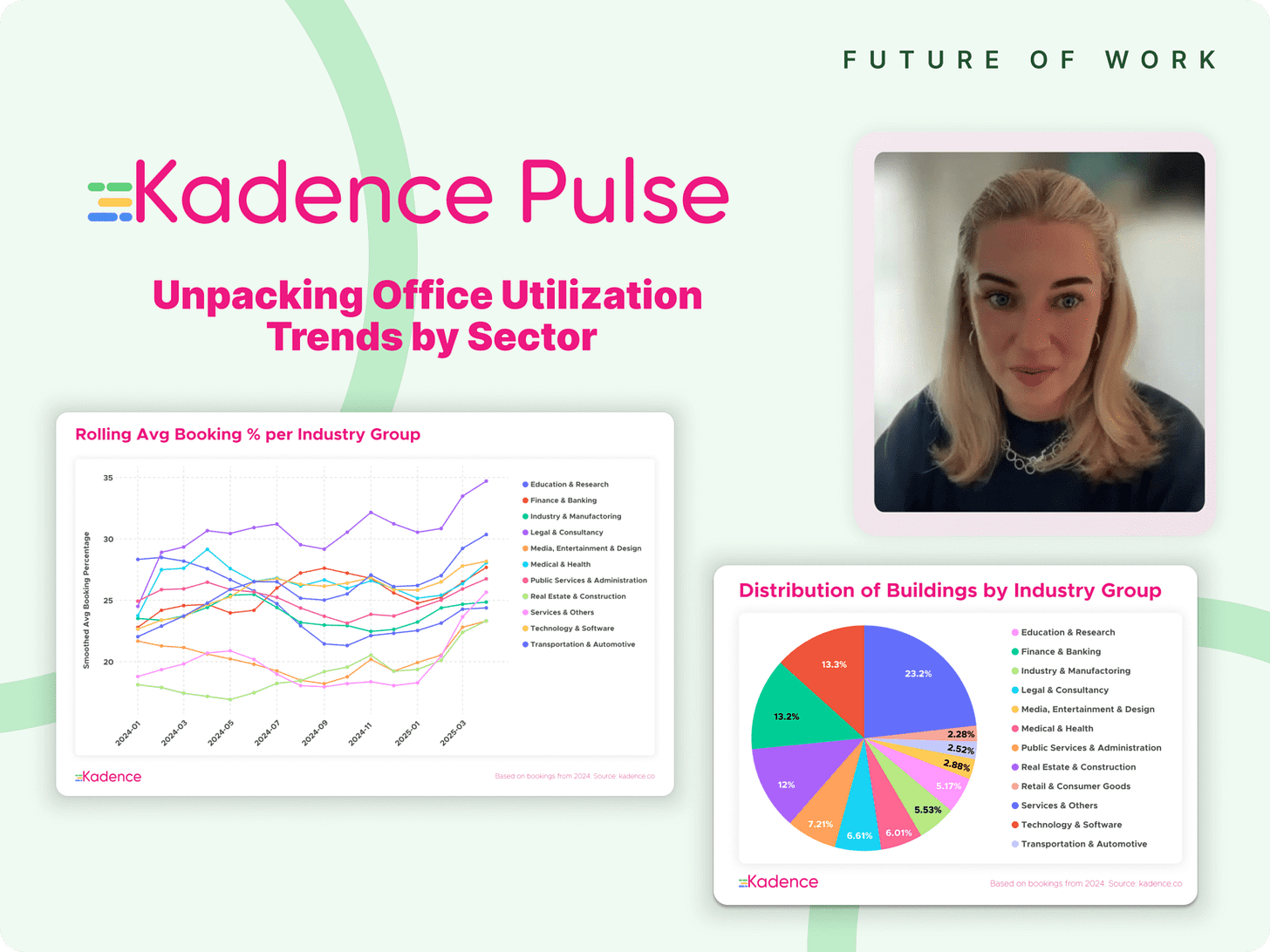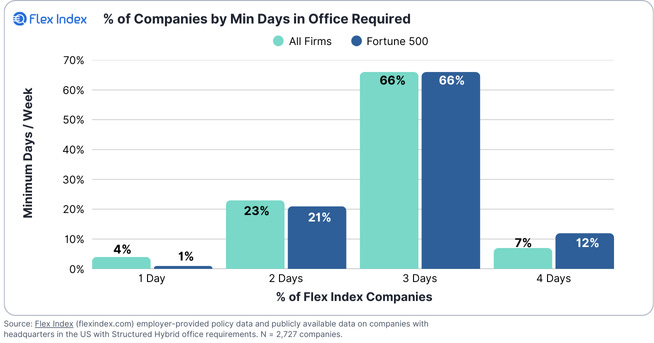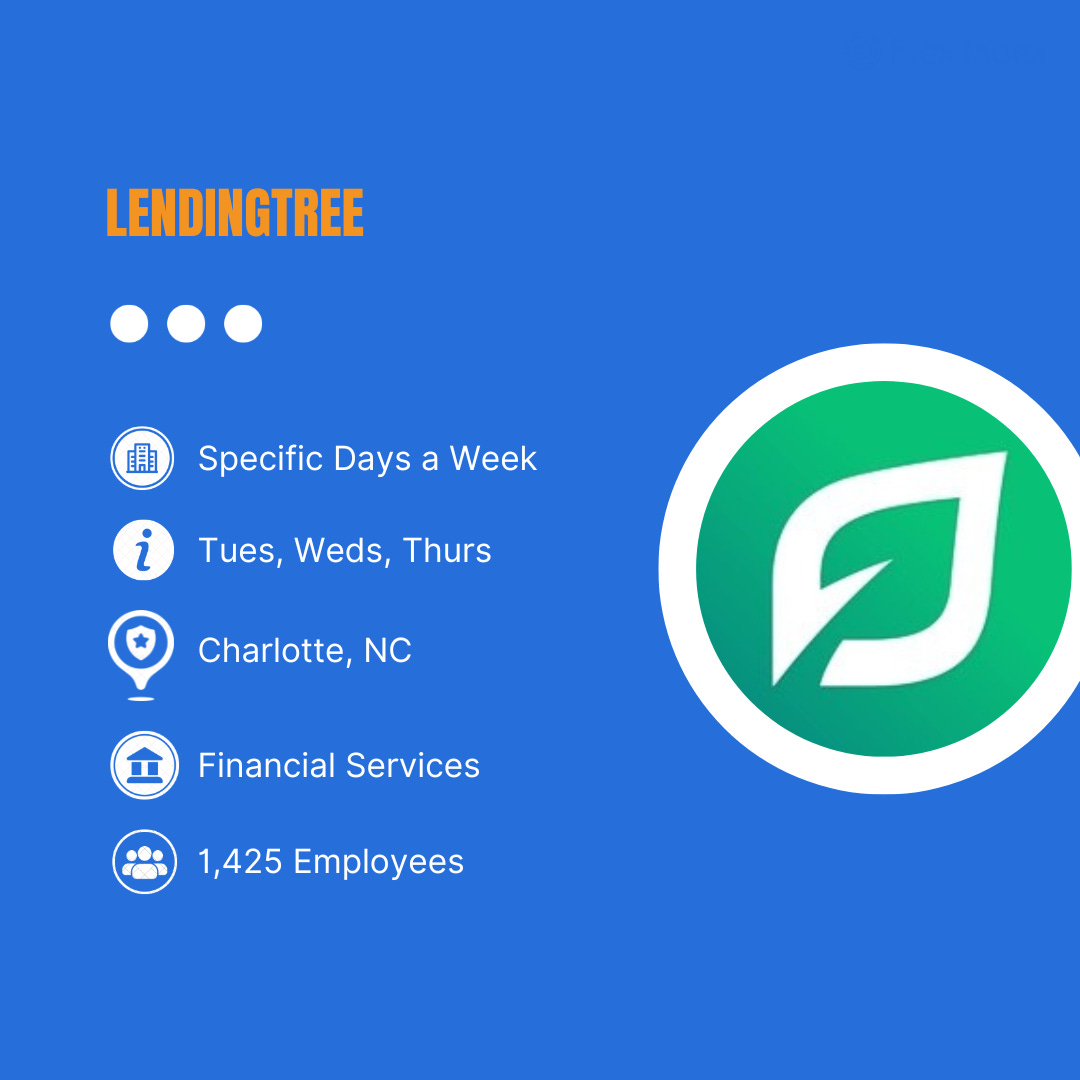Can Flexibility & Workplace Friendships Co-Exist?
Plus, new Kadence data shows which industries are winning the office utilization game
👋 Happy Tuesday! Cities across America are offering remote workers up to $10,000 plus perks like concert tickets and golf memberships to relocate. Over 178 programs now compete for 17 million fully remote workers, proving that when geography becomes optional, both workers and communities win big.
In this week’s edition:
🤝 The Workplace Friendship Challenge
📢 Sponsor Spotlight: Kadence
📊 Fortune 500’s 3-Day Standard
🧠 Twilio’s Remote-First Lessons
Current Subscribers: 10,081
Please forward to colleagues and friends!
THIS WEEK’S FLEX FOCUS 🔍
How Smart Companies Build Connection Without Losing Flexibility
New research from Gallup reveals that only 20% of U.S. employees report having a best friend at work, highlighting what experts are calling a "friendship recession" in the workplace. Employees with close work friendships are 43% more committed and 27% more satisfied with their jobs.
While hybrid and remote work can make spontaneous relationship-building more challenging, forward-thinking companies are proving it's entirely possible to foster strong workplace connections while maintaining flexible policies. The key is being intentional about creating opportunities for meaningful interaction rather than relying on chance encounters.
Successful strategies include strategic in-person connection days, rotating collaborative project teams, and blending virtual interest-based digital channels with regular team gatherings. As Oxford research shows, employees quit primarily due to a lack of belonging with their teams—making thoughtful relationship-building a critical retention strategy that doesn't require sacrificing workplace flexibility.
SPONSOR SPOTLIGHT 📢
The Great Office Divergence: Which Industries Are Doubling Down?
Our friends at Kadence have launched a compelling new data series, “Kadence Pulse”, tracking how work patterns are evolving through real-time booking data from their customers globally.
The latest Kadence Pulse analysis reveals a fascinating divergence in office utilization across sectors in 2025. While most offices still run cold at 20-40% capacity, a structural shift is underway. Legal and consulting firms lead with the highest utilization rates and steady MoM growth. Finance and banking show consistent, predictable increases in attendance, contrasting with tech companies, which remain in “test-and-learn” mode with more modest utilization rates.
The question isn’t whether teams are returning to the office. It’s when, why, and how strategically they’re doing it. Find out which sectors are winning the office game 👇
FLEX WORK QUICK HITS 💥
Stay ahead of the curve with our curated roundup of the trending flexible work stories making waves right now. Here's what you need to know 👇
Washington Post: Working mothers are leaving the workforce in large numbers as RTO mandates eliminate flexible policies, erasing pandemic-era gains in female labor participation.
CBS News: California audit finds the state could save $225 million annually by abandoning RTO mandates, as some departments lack workspace capacity for Gov. Newsom's four-day in-office requirements.
Yahoo Finance: Robinhood CEO Vlad Tenev reverses his 2022 remote-first policy, now requiring C-suite executives in office five days weekly, managers four days, and individual contributors three days.
Fortune: Only 23% of Gen Z workers prefer full-time remote work compared to 35% of other generations, with younger workers seeking in-person connections and career mentorship.
STAT OF THE WEEK 📈
Fortune 500's New 3-Day Standard
Three-day office requirements now dominate hybrid work policies, with 66% of Fortune 500 companies mandating this schedule—up 5 percentage points from last year. Overall, 78% of firms now require employees in the office 3-4 days weekly, up 9 percentage points year-over-year.
FLEXPERT INSIGHTS 🧠
Curating Workplace Experience to Support Flexible, Distributed Work
In her latest "Transforming Work" episode, workplace futurist Sophie Wade explores how companies can create meaningful experiences for distributed teams with Twilio's Global Real Estate and Workplace Director Noel McNulty.
Noel, who brings a hospitality background to workplace design, emphasizes treating employees as individual customers with unique needs.
The conversation reveals how Twilio evolved from rigid pandemic protocols to embracing remote-first "open work." Noel’s advice for workplace leaders: know your employees as individuals, use data to measure impact, and stay "open and curious" about new ways of working.
COMPANY SPOTLIGHT ✨
LendingTree, founded in 1996, is an online lending marketplace headquartered in Charlotte, North Carolina that connects consumers to a variety of financial products such as home loans, personal loans, credit cards, and insurance quotes. Their mission is to empower consumers by simplifying their financial choices and facilitating comparison shopping for loans.






